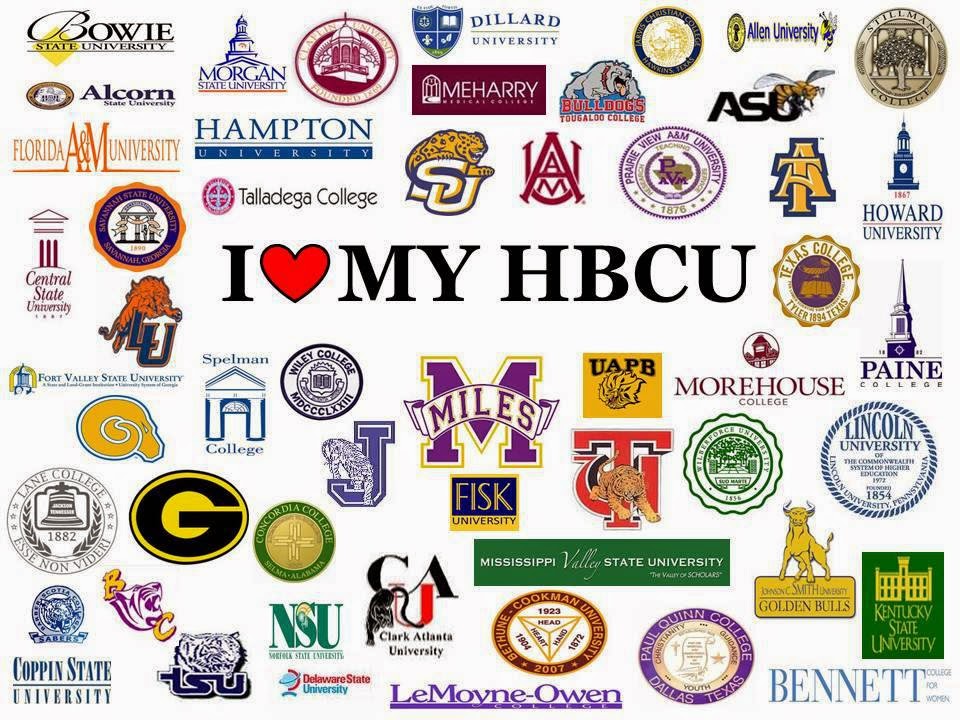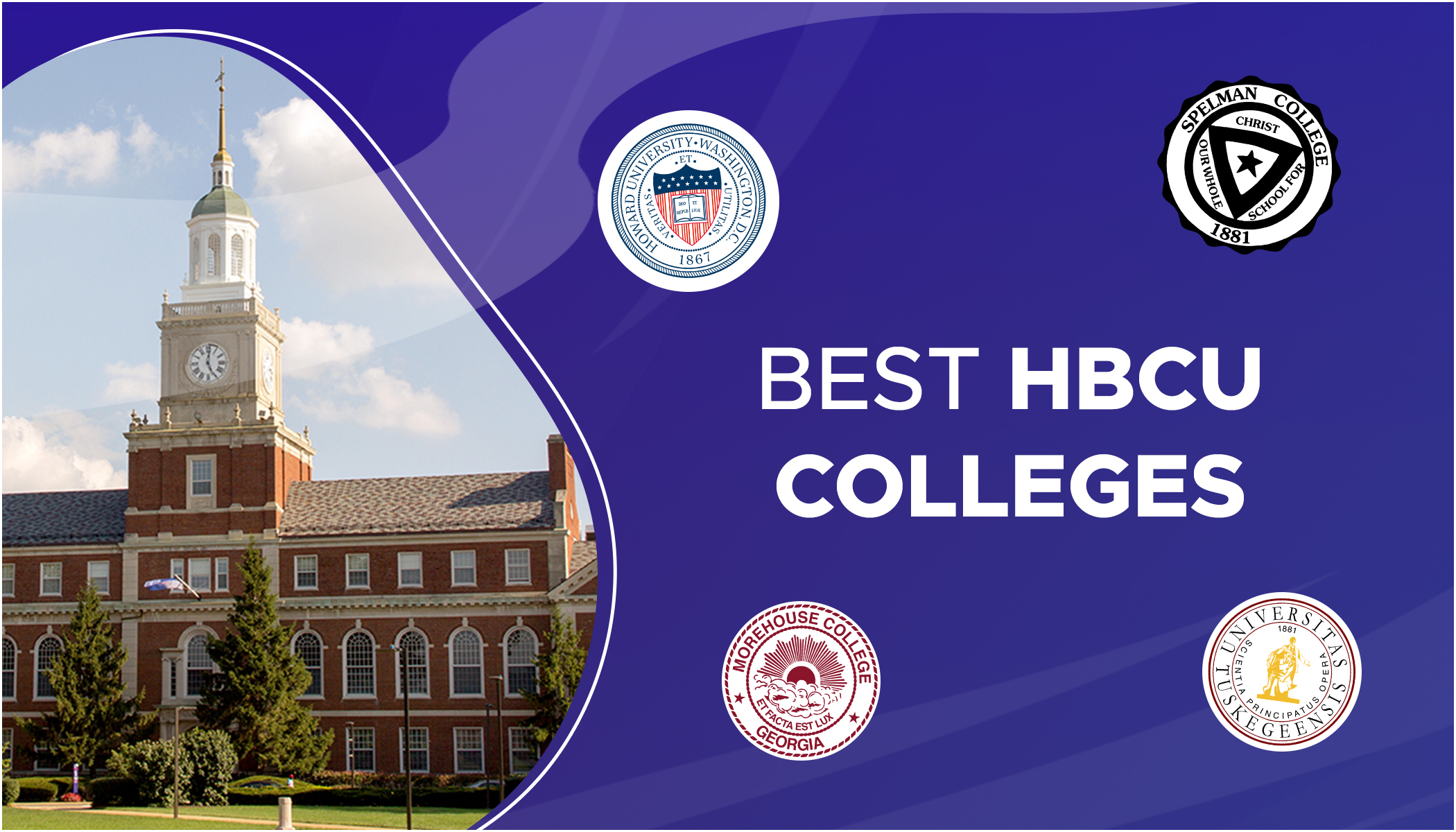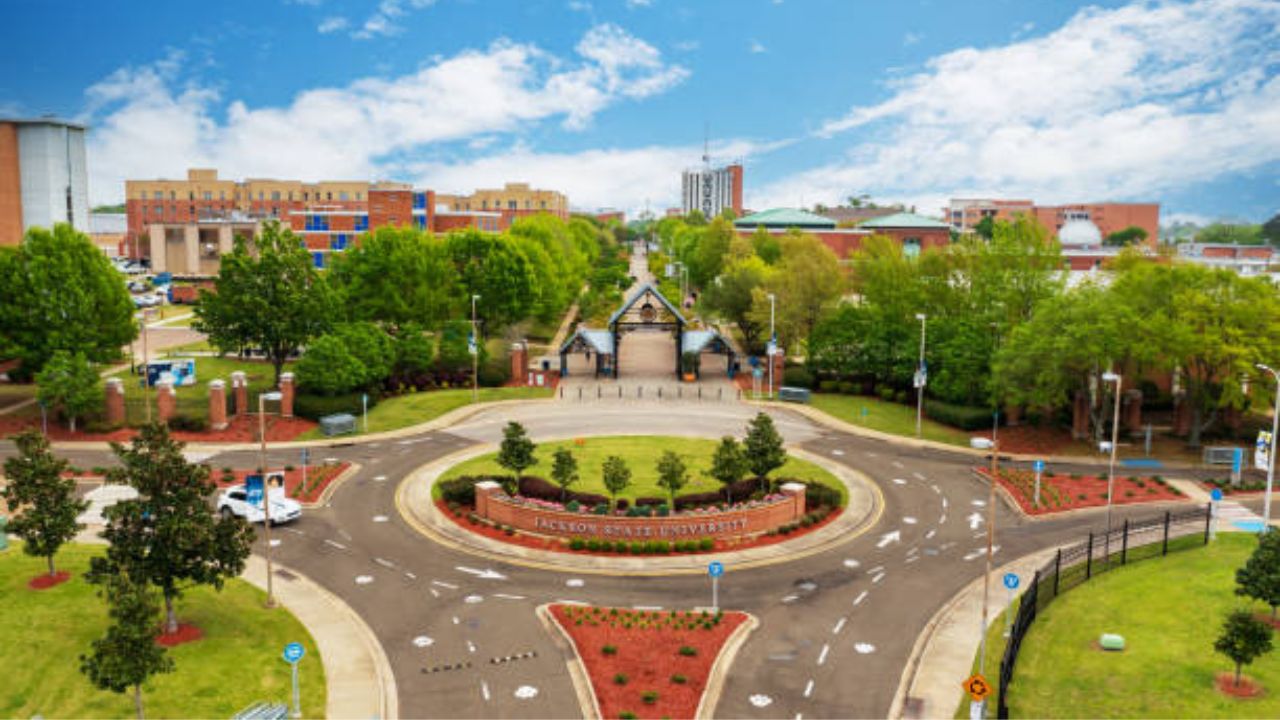Best HBCU For Radiology: Your Ultimate Guide To Finding The Right Path
Looking for the best HBCU for radiology? You’ve come to the right place! Finding the right Historically Black Colleges and Universities (HBCUs) that offer top-notch radiology programs is crucial if you want to kickstart your career in this field. But let’s face it—choosing a college isn’t exactly a walk in the park. There’s so much to consider, from curriculum quality to hands-on experience opportunities. So, how do you make the right decision? Let’s dive in and break it down for you.
When it comes to radiology, HBCUs have been making waves in producing some of the most skilled professionals in the healthcare industry. These institutions not only focus on academics but also emphasize community, diversity, and real-world training. If you’re serious about pursuing a career in radiology, an HBCU might just be the perfect fit for you.
But wait, why are HBCUs so special? Well, they offer more than just education—they provide a supportive environment where students can thrive both personally and professionally. Plus, many HBCUs have partnerships with top hospitals and healthcare facilities, giving students access to cutting-edge technology and practical experience. Now that’s what we call a winning formula!
Read also:Tabitha Duncan Net Worth Unveiling The Financial Empire Behind The Queen Of Gospel
Table of Contents
- Introduction to HBCUs
- Why Choose an HBCU for Radiology?
- Top HBCUs for Radiology
- Curriculum and Program Structure
- Hands-On Training and Internships
- Financial Aid and Scholarships
- Student Life at HBCUs
- Career Outcomes and Opportunities
- Common Misconceptions About HBCUs
- Conclusion
Introduction to HBCUs
Historically Black Colleges and Universities, or HBCUs, have been around since the 19th century. These institutions were established to provide educational opportunities to African Americans during a time when segregation was rampant. Fast forward to today, HBCUs continue to play a vital role in shaping the future of countless students from diverse backgrounds.
What makes HBCUs unique is their commitment to fostering a sense of community and belonging. Students often describe their experience as being part of a family, where everyone looks out for one another. This supportive environment is especially beneficial for students pursuing challenging fields like radiology, where having a strong support system can make all the difference.
History of HBCUs
HBCUs have a rich history that dates back to the early days of American education. Institutions like Howard University and Morehouse College were founded to ensure that African Americans had access to higher education. Over the years, HBCUs have evolved and adapted to meet the changing needs of students, while still maintaining their core values.
Today, there are over 100 HBCUs across the United States, each offering a wide range of programs and degrees. Whether you’re interested in business, engineering, or healthcare, there’s likely an HBCU that can meet your academic needs. And when it comes to radiology, some HBCUs stand out as leaders in the field.
Why Choose an HBCU for Radiology?
Choosing an HBCU for radiology might seem like an unconventional choice, but it’s one that can pay off big time. Here are a few reasons why HBCUs are a great option for aspiring radiologists:
- Strong Academic Programs: Many HBCUs offer robust radiology programs that are accredited by leading organizations in the healthcare industry.
- Hands-On Experience: HBCUs often have partnerships with local hospitals and healthcare facilities, providing students with valuable hands-on experience.
- Supportive Environment: The supportive community at HBCUs helps students succeed both academically and personally.
- Access to Resources: From state-of-the-art technology to experienced faculty members, HBCUs provide students with the tools they need to excel in their studies.
Advantages of Studying Radiology at an HBCU
One of the biggest advantages of studying radiology at an HBCU is the emphasis on mentorship and networking. Many HBCUs have strong alumni networks that can help students secure internships, jobs, and other career opportunities. Additionally, the close-knit community at HBCUs fosters collaboration and teamwork, skills that are essential in the healthcare field.
Read also:Jasmine Herni The Rising Star Redefining Success In The Digital Age
Another advantage is the diverse student body. HBCUs attract students from all over the world, creating a rich cultural tapestry that enhances the learning experience. This diversity is especially important in radiology, where understanding different cultures and perspectives can improve patient care.
Top HBCUs for Radiology
Now that you know why HBCUs are a great choice for radiology, let’s take a look at some of the top HBCUs offering radiology programs:
Howard University
Located in Washington, D.C., Howard University is one of the most prestigious HBCUs in the country. Its radiology program is highly regarded and offers students a comprehensive education in diagnostic imaging and radiation therapy.
Morgan State University
Morgan State University, located in Baltimore, Maryland, offers a strong radiology program that emphasizes both theoretical knowledge and practical experience. Students have access to cutting-edge technology and experienced faculty members.
Spelman College
While Spelman College is primarily known for its liberal arts programs, it also offers a pre-med track that includes radiology. The college’s partnerships with local hospitals provide students with valuable hands-on experience.
Curriculum and Program Structure
The curriculum for radiology programs at HBCUs typically includes a mix of classroom instruction and hands-on training. Students can expect to take courses in anatomy, physiology, physics, and medical ethics, among others. In addition to coursework, students also participate in clinical rotations, where they gain practical experience working with patients.
Core Courses in Radiology
- Anatomy and Physiology
- Medical Imaging Techniques
- Radiation Physics
- Medical Ethics
- Patient Care in Radiology
These courses are designed to give students a well-rounded education that prepares them for a career in radiology. By combining theoretical knowledge with practical experience, HBCUs ensure that their graduates are ready to hit the ground running in the healthcare industry.
Hands-On Training and Internships
One of the standout features of radiology programs at HBCUs is the emphasis on hands-on training. Students have the opportunity to work with state-of-the-art technology and gain experience in real-world settings. Many HBCUs have partnerships with local hospitals and healthcare facilities, providing students with access to a wide range of internship opportunities.
Benefits of Internships
Internships offer students a chance to apply what they’ve learned in the classroom to real-world situations. They also provide valuable networking opportunities and can lead to job offers after graduation. Some HBCUs even offer stipends or other financial assistance to help students cover the costs of internships.
Financial Aid and Scholarships
Paying for college can be a challenge, but many HBCUs offer financial aid and scholarships to help students cover the costs. These programs are designed to make higher education more accessible to students from all walks of life.
Scholarship Opportunities
Some of the most popular scholarships for radiology students at HBCUs include:
- The Ronald E. McNair Scholarship
- The HBCU Scholars Program
- The National Association of Radiologic Technologists Scholarship
These scholarships can help offset the cost of tuition, books, and other expenses, making it easier for students to focus on their studies.
Student Life at HBCUs
Life at an HBCU is about more than just academics. Students have access to a wide range of extracurricular activities, from sports teams to student organizations. These activities help students build relationships, develop leadership skills, and have fun along the way.
Extracurricular Activities
Some popular extracurricular activities at HBCUs include:
- Debate Teams
- Music Ensembles
- Sports Teams
- Community Service Organizations
These activities provide students with opportunities to explore their interests and develop skills that will serve them well in their future careers.
Career Outcomes and Opportunities
Graduates of HBCU radiology programs have a wide range of career opportunities available to them. Many go on to work in hospitals, clinics, and other healthcare settings, while others pursue advanced degrees or specialize in specific areas of radiology.
Job Prospects
According to the Bureau of Labor Statistics, employment of radiologic technologists is projected to grow 7% from 2020 to 2030, faster than the average for all occupations. This growth is driven by an aging population and advances in medical technology, both of which increase the demand for diagnostic imaging services.
Common Misconceptions About HBCUs
Despite their many strengths, HBCUs are often misunderstood. Some people believe that HBCUs only admit African American students or that their programs are inferior to those at other institutions. These misconceptions couldn’t be further from the truth.
Setting the Record Straight
HBCUs are open to students of all races and backgrounds, and their programs are just as rigorous and comprehensive as those at other institutions. In fact, many HBCUs have higher graduation rates and better job placement rates than their non-HBCU counterparts.
Conclusion
Choosing the best HBCU for radiology can be a daunting task, but with the right information, it doesn’t have to be. By considering factors like curriculum, hands-on training, financial aid, and student life, you can find the perfect fit for your academic and career goals.
So, what are you waiting for? Start exploring your options and take the first step toward a rewarding career in radiology. And don’t forget to share this article with your friends and family—knowledge is power, and the more people know about HBCUs, the better!


